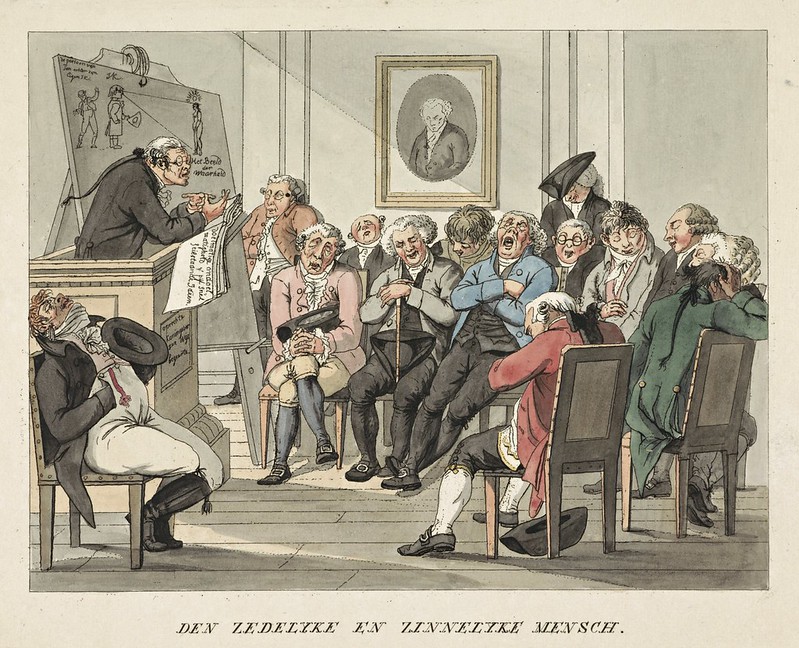Friedrich Schneider (1786-1853)
- Academische Ouverture in D-Dur, Op.84 (1829)
Performers: Anhaltische Philharmonie Dessau; Markus L. Frank (conductor)
Further info: Friedrich Schneider (1786-1853) - Klaviertrio (1816)
---
German composer, organist, conductor and teacher. He learnt the piano
from his father, Johann Gottlob Schneider (1753-1840), and then at the
Zittau Gymnasium with Johann Schönfelder and Unger. In 1804 he published
his first works, a set of three piano sonatas, and in the following
year he entered the University of Leipzig to continue his musical
studies; here he came into contact with August Eberhard Müller, Johann
Gottfried Schicht and Johann Friedrich Rochlitz. In 1806 he became
singing teacher at the Ratsfreischule, in 1807 organist of the
Universitätskirche, in 1810 director of the Secondaschen Opera Company,
in 1812 organist of the Thomaskirche, in 1816 conductor of the
Singakademie, and in 1817 musical director of the city theatre. His
performance of Beethoven’s Fifth Piano Concerto in Leipzig on 28
November 1811 is believed to have been the work’s première. In 1820 he
became Hofkapellmeister at Anhalt-Dessau, where he contributed much to
improve musical life: he founded a Singakademie, a schoolmasters’ choral
society, a Liedertafel and a music school, which was successful for
about 15 years and had a number of excellent pupils, among them Robert
Franz and Robert Volkmann. Between 1820 and 1851 he directed more than
80 German music and singing festivals, most of which included a
performance of one of his oratorios. He belonged to numerous musical
societies and received honorary doctorates from the universities of
Halle and Leipzig in 1830. The highpoint of his wide-ranging
compositional activity while at Leipzig came with his oratorio Das
Weltgericht, first performed on 6 March 1820 at the Gewandhaus and
widely performed thereafter. As a composer, he wrote seven operas, four
masses, six oratorios, 25 cantatas, 23 symphonies, seven piano
concertos, sonatas for violin, flute, and cello, and a great many
shorter instrumental pieces, some of them for piano, some for organ. He
also left numerous solo songs and part songs. His brothers Johann
Schneider (1789-1864) and Gottlieb Schneider (1797-1856) were also
organists and composers. His son Theodor Schneider (1827-1909) was a
cellist and conductor.

Cap comentari:
Publica un comentari a l'entrada